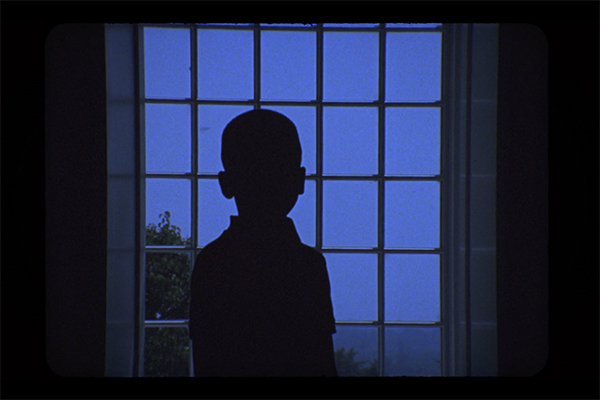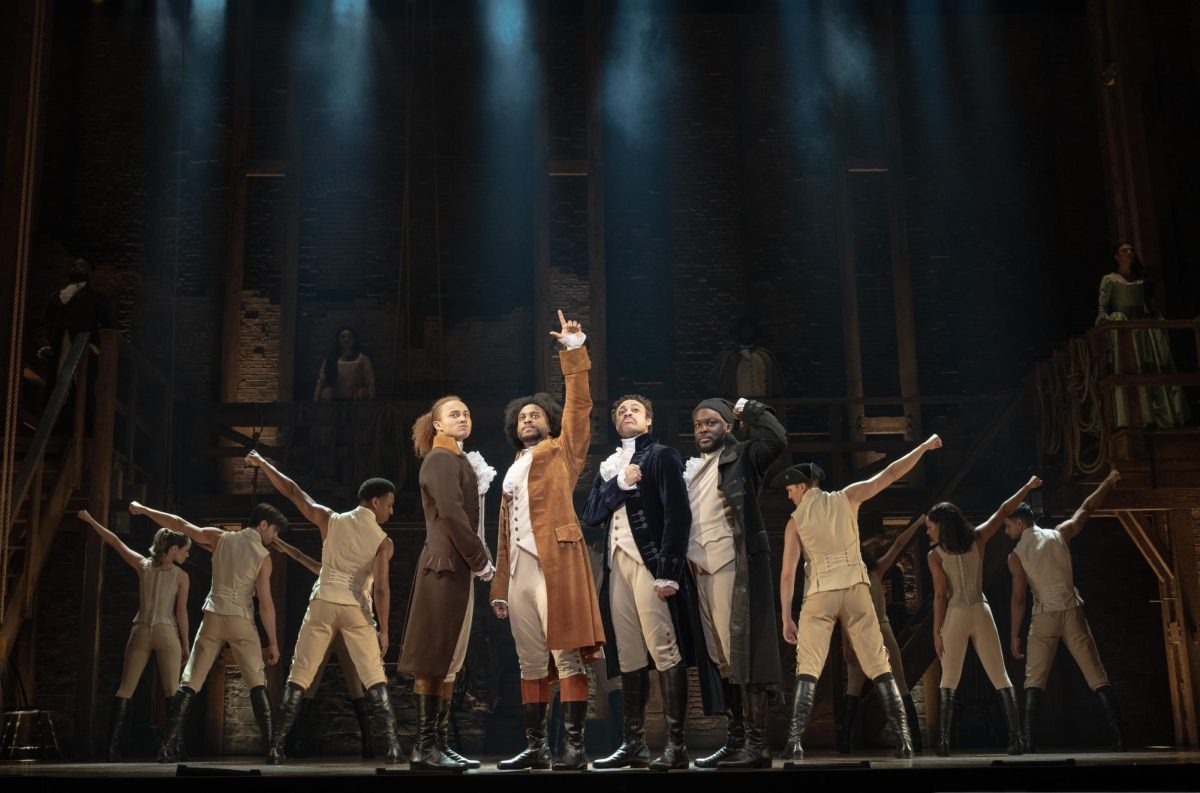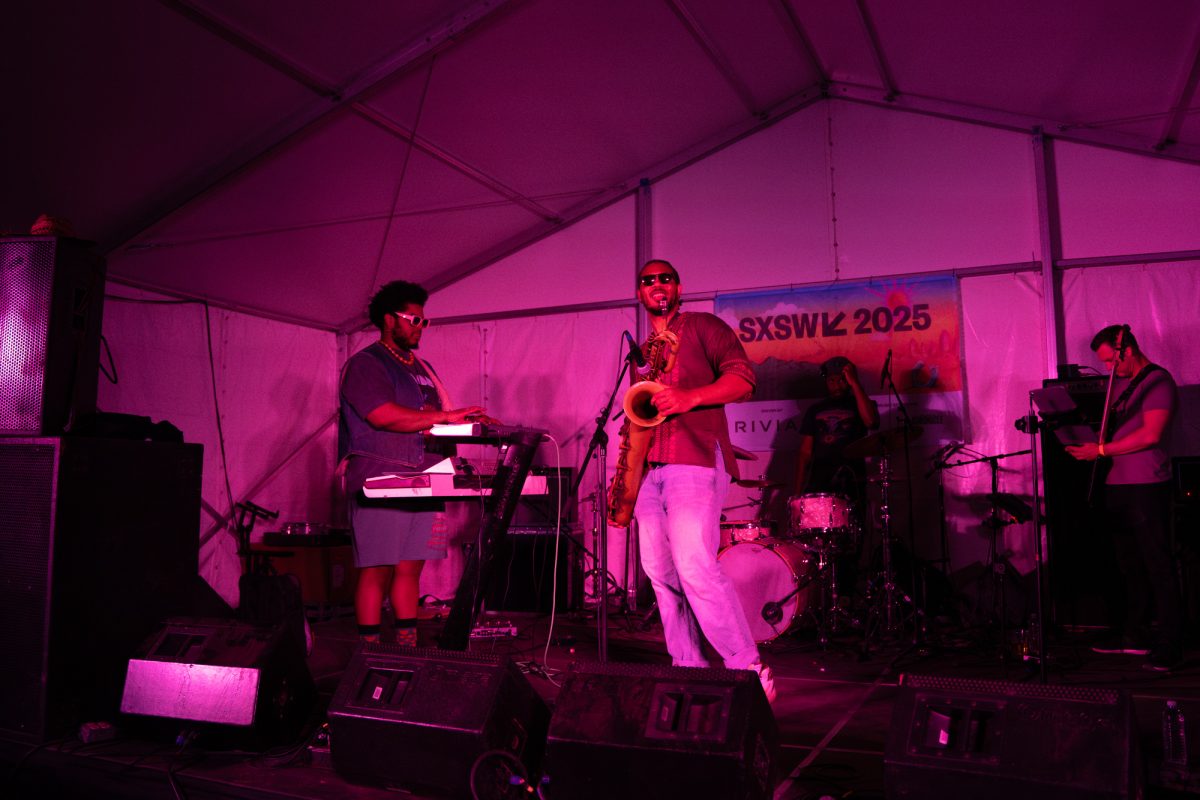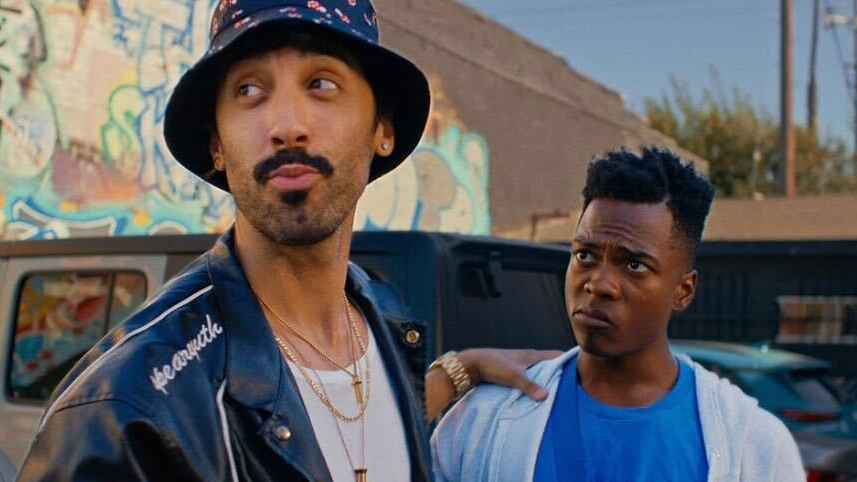At 11 years old, Ya’Ke Smith watched “Boyz n the Hood” for the first time.
Released in 1991, the film follows Tre Styles, a young Black boy sent to live with his father in south central Los Angeles, where gang culture is prosperous and police brutality is rampant.
Smith said he remembers how the film impacted both the world outside “the hood” and his godbrothers, who were gang leaders in the projects they lived in. He said the way the film rewrote the negative stereotypes about African American men sparked his own interest in the world of filmmaking.
“Even at a young age, I can remember the impact (the film) had,” Smith said. “What (the director) was able to do was really show their humanity. For me, that’s what film is all about — not only dealing with social issues but rewriting the narrative (of Black men).”
Now, as Moody’s first associate dean for diversity, equity and inclusion and an associate radio-television-film professor, Smith has used his 20 years in the industry to do just that.
Following the killings of Trayvon Martin, Michael Brown and Eric Garner at the hands of police, Smith wrote a poem titled “Dear Bruh.” In 2020, he used the poem in his latest short film, “Dear Bruh: A Eulogy. A Baptism. A Call to Action.”
The film was released May 29 in response to the killing of George Floyd and the protests that followed. Several voices read the original poem aloud as a compilation of images and videos show Black men playing “with their children, playing ball together, hanging out (and) just being human.” Smith said he chose to use the poem, which includes the last words of Black men killed by police, to juxtapose the scenes on screen.
“There’s a moment (in the film) where there's a montage of voices: ‘Stop following me,’ ‘I can’t breathe,’ and ‘It’s not real.’ Those are the last words of Black men who have been killed,” Smith said. “Those words could be my last words, and that haunts me. That’s not poetry. That’s real.”
Yuta Yamaguchi is a former student of Smith’s and has been the director of photography for nearly all of his films. Through working with Smith, Yamaguchi said he learned a lot about social injustice and using film to give voice to the voiceless.
“(Smith) grew up knowing these issues and the pain and suffering that his community has gone through; he instills it into his characters,” Yamaguchi said. “Every time he asks me to work on his films, I jump at the opportunity to amplify his voice and help him tackle these issues that are oftentimes overlooked.”
Miguel Alvarez, radio-television-film lecturer and former classmate of Smith’s, said Smith uses his voice to highlight the experience of people of color and does so in an unabashed, unflinching way.
“So many people of color in this country feel that no one listens to them and that the things that are happening to them are not respected,” Alvarez said. “Part of our job (as artists) is to speak up, and (Smith’s) work is a testament to that. (His films) force you to reckon with what’s going on in a way other films might not.”
Smith said film is a way for him as an artist to process not only his own pain, but to give voice to the pain of other African Americans. He said he hopes to use film to change the way Black men are viewed and help combat systemic racism.
“A lot of what we see has to do with fear because of all of these ways in which Black men have been portrayed as villains, as evil — that comes from the media,” Smith said. “We learn so much about different cultures via the moving image. I think it’s important that we as artists think about what we are offering to the world with whatever we create.”





















